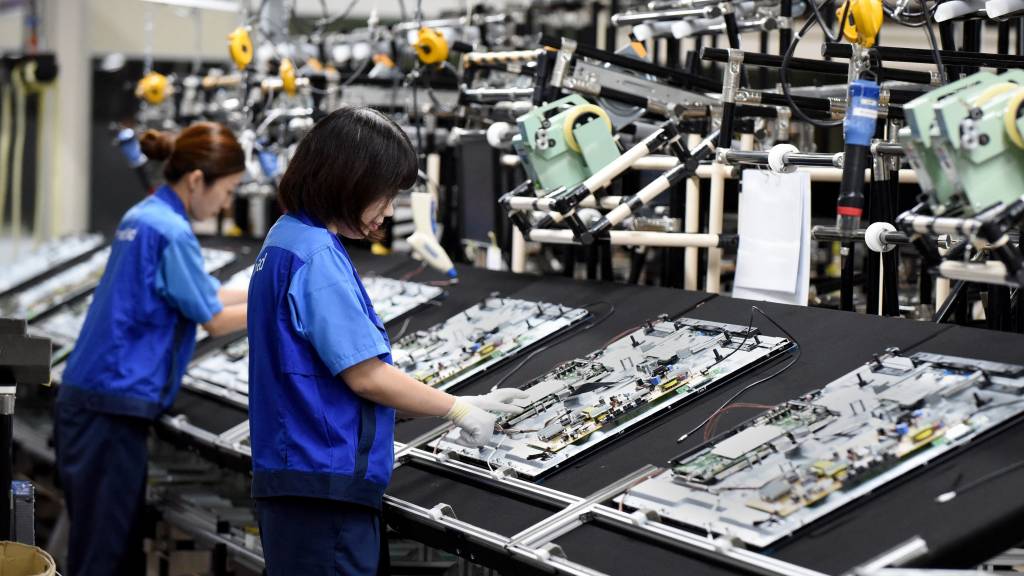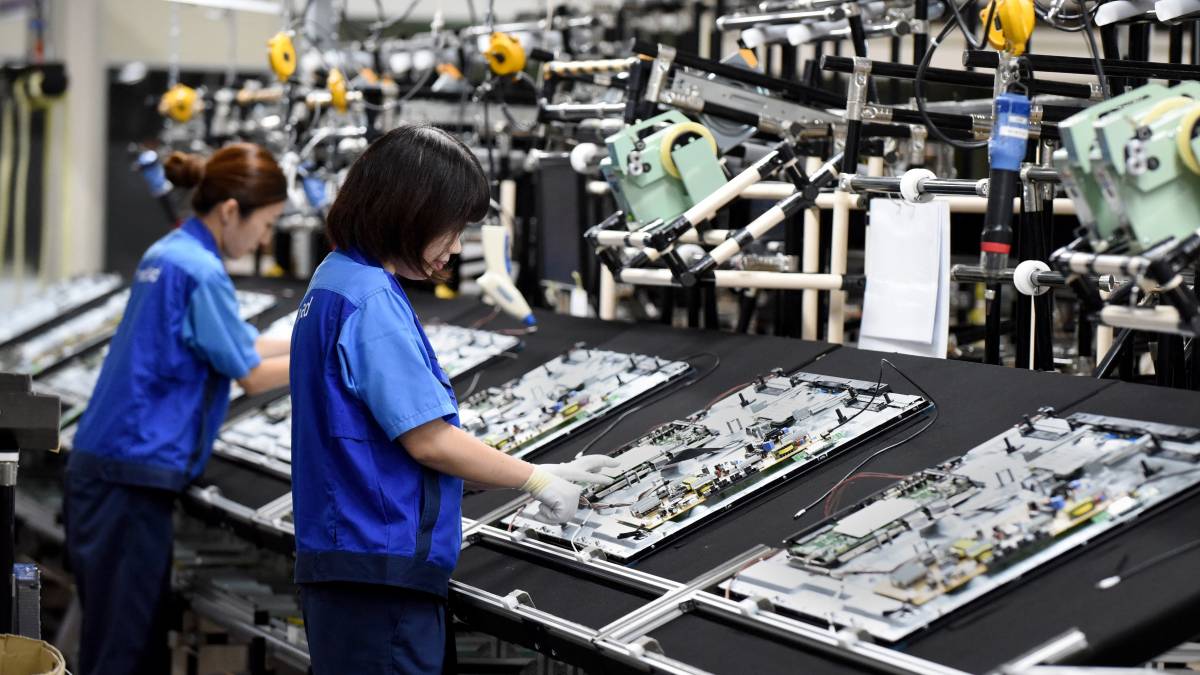
France Press agency
NOS . News•
-
Anoma van der Weer
Japan Reporter
-
Anoma van der Weer
Japan Reporter
“I don’t know if I can buy vegetables,” Sayaka Sato sighs, staring at a quarter of a cabbage in the supermarket. There is a big red discount label on the package. Cabbage is now a few cents cheaper, but for Sayaka, that makes a world of difference. She has to feed her two children for less than 40 euros a month. About nine out of ten single parents in Japan, most of whom are mothers, struggle financially. While they live in a country with the third largest economy in the world.
During the elections in early July, Prime Minister Fumio Kishida promised that he would implement strong economic reforms. His main focus was to bridge the growing income gap between high and middle income on the one hand and minimum income on the other. But over the past decade, while his Liberal Democratic Party (LDP) has been in government, the status of women has deteriorated.
When former Prime Minister Shinzo Abe (also the Liberal Democratic Party) took power in 2012, he wanted to get more women into work with his “Womenomics” policy. “It is no longer an option for Japan, it is a necessity,” he said in a speech at the United Nations. In fact, Abe has succeeded in increasing women’s participation in the labor market. Last year, 52 percent (29.8 million) of Japanese women worked, but inequality in the workplace has also increased.
The woman belongs to the house
In 2019, more than half of working women were in part-time, low-paying jobs without entitlement to a pension or health insurance. Among men, this applies to one in five. Of the 970,000 people laid off in Japan in the first month of the coronavirus pandemic, more than 710,000 were women. They were discharged by companies and the government to cushion the economic shock of Corona.
“Women should raise children, men should work. This cultural value is still deeply rooted in Japan,” said Tomohiro Imai of the Skoro Support Organization. During the 75 years after World War II, the Japanese economy grew strongly and one of the main pillars of the post-war economy was the division of labor between men and women. Men have a job for life and thanks to that security women can stay at home and take care of the children.
But the lifetime employment guarantee no longer exists, and now that the economy is stagnant and the population is shrinking, that system is no longer viable. That’s why the LDP is trying to get more women into the work, but the image that women with children have hasn’t gone away. Thus, the new workload does not replace household tasks, but rather comes on top of them.
These conservative values also translate into politics: it is mainly men who decide Japan’s future. Less than 10 percent of Japan’s House of Commons members are women. Although a record number of women were elected in the recent House of Representatives elections, the total number remained at a third.
For this reason, the country ranks low in the international rankings in terms of women’s representation in politics. In 2021, Japan was 147th out of 155 countries on the list, almost at the bottom.
Kishida’s new capitalism
Japan’s growing income gap shows that the current economic system is unsustainable. The so-called Japanese “middle class society” of the twentieth century ceased to exist as a result of successive demographic changes and economic crises.
Although inflation rates in Japan are still lower than those in Europe and the United States, prices of more than 70% of supermarket products have risen. The Japanese yen is at a multi-decade low, which makes importing products significantly more expensive. The country is almost completely dependent on foreign countries for fossil energy and gas and oil prices are now at their peak. The Bank of Japan predicts that 99% of Japanese households will experience financial difficulties in the coming years.
This is why Prime Minister Kishida withholds the introduction of his “new capitalism”, although he has not yet announced many concrete plans. After the last elections, the ruling Liberal Democratic Party gained a majority in the House and Senate. This means that the path is clear for Kishida to implement his reforms.
Sayaka has little faith in that. “Politicians always overlook us. We are not important enough.” However, she keeps her spirits high. “I voted for a woman. She showed my candidates that she understands my problems. I hope she can change something.”

“Infuriatingly humble social media buff. Twitter advocate. Writer. Internet nerd.”








